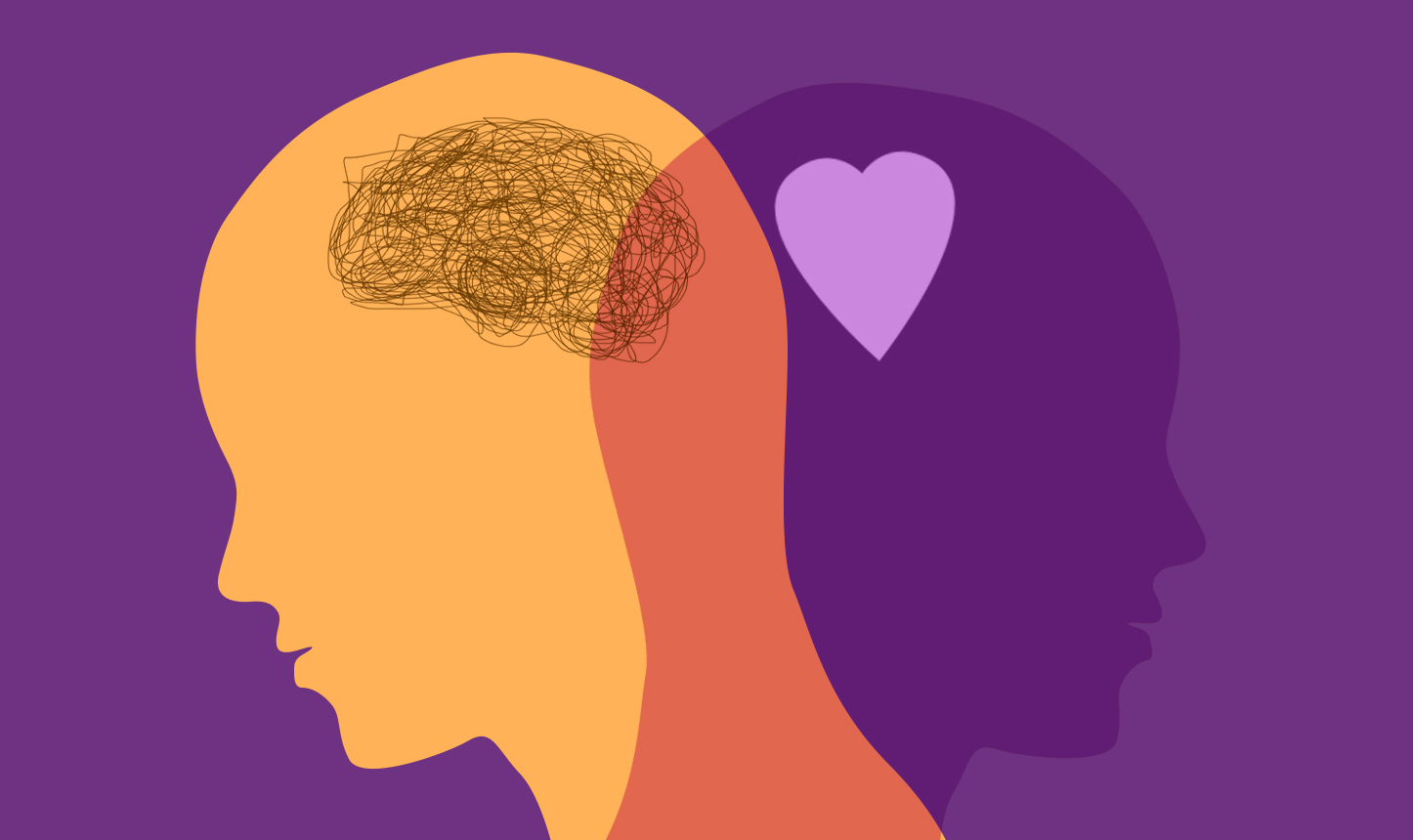Students form mental health advocacy club
February 16, 2022

This piece contains discussion of suicide.
Three students — Cooper Desmond ’24, Andrew Williams ’24, and Sam Riley ’23 — founded the Mental Wellness Advocacy Group this semester to communicate the state of student mental health to the College’s administration.
“We know that the administration knows that [student mental health] is a problem,” Desmond said in an interview with the Record. “But I think there’s a disconnect about the urgency of this problem.”
The club’s three founders were friends with a member of the Class of 2024 who died by suicide this past summer after struggling with his mental health, and this tragedy motivated them to start the club. “None of us want to see that happen to anyone else, nor the effects on anyone else’s friend group,” Riley said. “Because the school hasn’t done anything, the onus of this falls on people like us to try to make change.” (Riley, an executive editor at the Record, was not involved in the writing or editing of this article.)
The club — which currently has a roster of around 60 members — spent its first meeting on Feb. 10 brainstorming mental health initiatives which it can advocate to the administration, including requests for a decrease in students’ workloads and an increase in wellness-oriented courses and programming.
“Just continuously expanding IWS [Integrative Wellbeing Services] without trying to solve anything won’t be effective,” Riley said. “Adding one or two therapists is like adding a bandaid on a bullet hole. It just doesn’t make sense as a long-term solution.”
Later this spring, the club will send out a survey to acquire quantitative data regarding student mental health. Desmond said that it will assess students’ opinions on the College’s current mental health resources and gauge responses to its ideas for possible initiatives.
“When you bring [a survey] to the administration, it reinforces [the idea that] that this is not just anecdotal evidence, it’s not just us and our concern — it’s a school-wide problem,” Riley said. “If we set that down in front of them, it’s going to be hard for them to look us in the eye and say nothing can be changed.”
One of the club’s main proposals will be to adjust expectations regarding the number of hours students spend completing homework and studying.
“Professors aren’t giving a ton of work because they’re trying to be mean — it’s because the expectation is that Williams is going to be rigorous,” Williams said.
But if the administration can shift the expectations professors have for students, students will no longer have to “work [themselves] into the ground,” which the leaders of the club believe is the root source of many mental health issues on campus, Desmond said.
“Rigor for the purpose of rigor becomes an impediment to learning,” Riley said. “If you’re sitting at Sawyer at 2 a.m. trying to read a passage, you’re not retaining that.”
Riley told the Record that he has regularly taken three classes that challenge and interest him — and a fourth class that he thinks will not require the same amount of time or energy from him. According to Desmond, many of his peers have taken a similar approach when creating their schedules.
The club’s leaders suggested that the College could offer a grouping of classes, similar to those designated “Writing Skills,” that would be marked as “exploratory” or “decreased workload.” These courses could offer contributions to students’ mental health without forcing them to sacrifice their learning, they said.
The leaders also noted that if these classes were to be offered at the College, the administration could put a cap on the number of classes a student could take simultaneously or not count them towards a student’s major requirements.
Williams added that the College could also offer more classes oriented specifically around mental well-being. “If you had a section of classes that were just [wellness] classes, people would take that as their fourth class … instead of some class they don’t care about,” he said.
The popularity of the Chair of English Bernie Rhie’s class ENGL 239: “Zen and the Art of American Literature,” which teaches students a variety of meditation techniques, is indicative of students’ desire for classes that can improve their mental wellbeing, according to Riley.
Outside of the classroom, the club is also considering advocating for a more comprehensive first-year orientation dedicated to explaining how students can care for themselves while in college, as well as an “orientation” for seniors before they graduate to help them navigate mental health issues in their lives after college.
“There’s no requirement on how to teach yourself how to be mentally well, so when students leave, there’s no sort of regard for their well-being beyond Williams,” Desmond said. “Just as there’s a freshman orientation, there needs to be communication about resources you can take advantage of once you’re outside of college.”
Although the College does provide some insight into resources regarding mental health during first-year orientation, some students may struggle to understand the value of that information until they experience the rigor of Williams, according to Desmond.
Desmond also said that he thinks students should have access to a comprehensive website that details all resources related to mental health accessible to students through the College.
“There’s a lot of institutional inertia at the school — things [are] done the way that they have been done for forever,” Riley said. “But I think that’s an outdated way to address a very changed world, and I think that the school needs to recognize that.”








